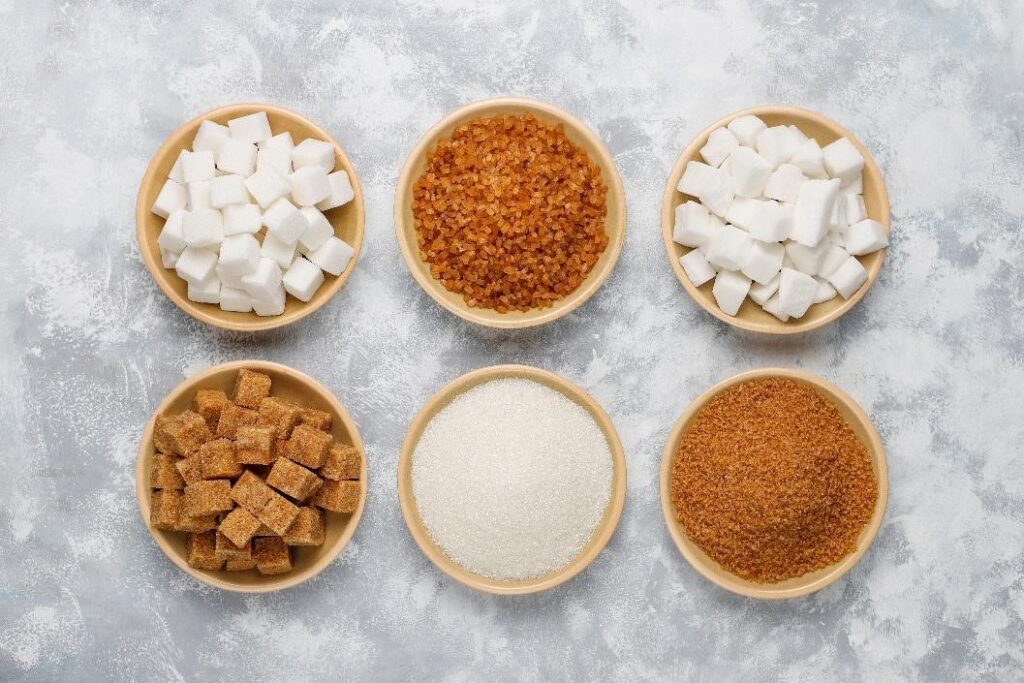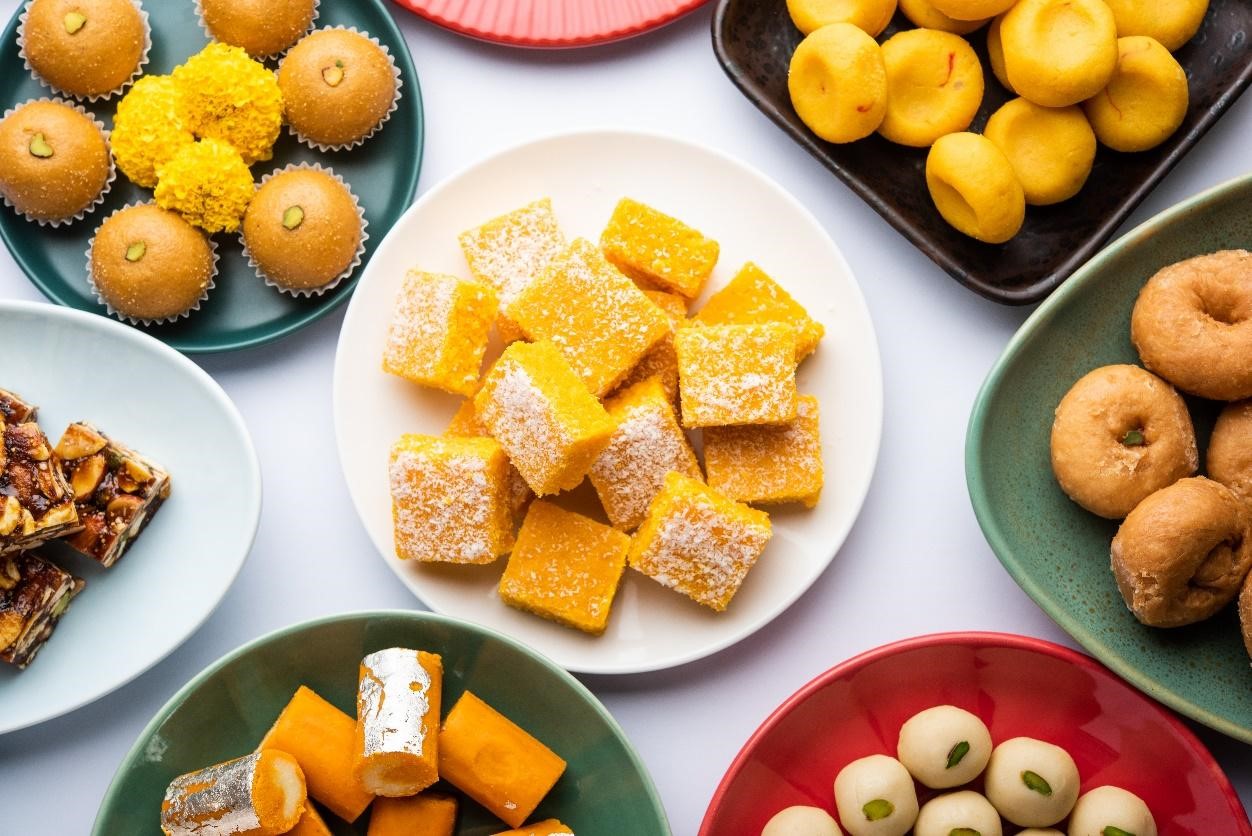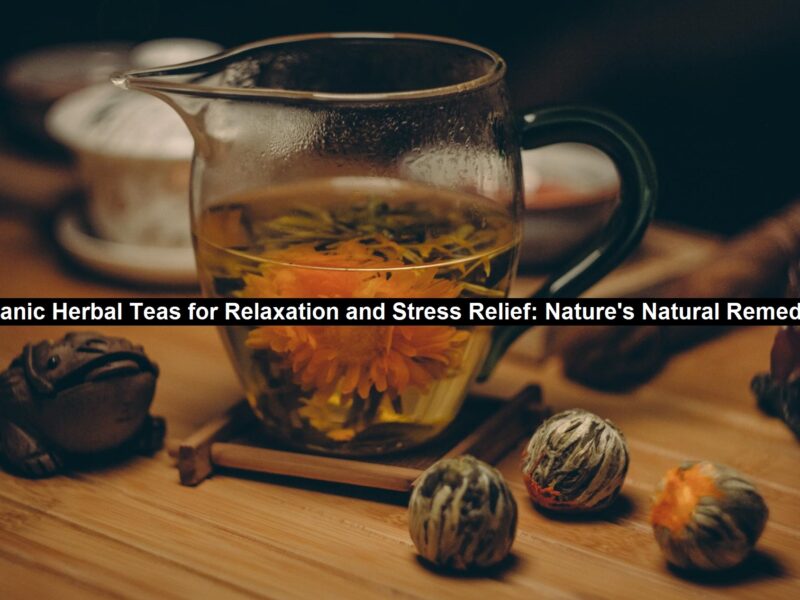On average, Indians eat around 19kg of sugar, which is below the global level. India has more than 50 million farmers who work under cane production, which is the base ingredient for producing white sugar. Indians start mouth-watering and often lose control when they hear about sweets or the meals like rasgulla, jalebi, kheer, etc., which makes them the victim of various chronic diseases. One of the most infamous diseases would have to be Diabetes
White sugar is produced from either cane or beet sugar. Cane sugar is the most common type of sugar used in commercial production. The cane or beet is first crushed, and the juice is extracted to produce white sugar. The juice is then boiled to remove impurities and concentrate. Oligosaccharides are a type of carbohydrate that is found in many healthy foods, such as fruits, vegetables, and legumes. The resulting syrup is then cooled and crystallized to form raw sugar, which is then further refined to produce white sugar.
While “added sugar” and “free sugar” are sometimes used interchangeably, the former refers to sugars and syrups that are added to food during processing, meal preparation, or at the table but excludes honey and fruit juices.
What Nutrients do we get from White sugar?
The main nutrient in white sugar is sucrose, a simple carbohydrate that provides the body with energy. White sugar also contains small amounts of other nutrients, including calcium, phosphorus, potassium, and magnesium. However, these nutrients are so small that they are not considered significant.
White sugar is a common ingredient in Indian cuisine, where it is used to sweeten food and drink. It is also added to some traditional dishes, such as laddoos (sweet balls made from flour and sugar) and halwa (a type of sweetmeat made from semolina and sugar). You can use white sugar to make a face mask that can help to solve your beauty problems. While white sugar does not provide any nutritional value, it is an important part of the Indian diet.
White sugar in Indian meals.
Some examples of food items in the Indian diet that include white sugar are sweets, such as laddoos and halwa; desserts, such as kheer (rice pudding) and rasgulla (a type of sweet dumpling); and drinks, such as chai (tea) and sherbet (a type of fruit drink).
Let’s take a look at what meals of the day include sugar in the Indian Diet.
Main Meals:
All sources of carbohydrates, including yogurt, vegetables, oats, millets, barley, rice, wheat, buckwheat, oats, and bread.
Snacks:
Halwa kheer and other Indian sweets, kulfi, chikki, puddings, fruit cakes, biscuits, ice creams, processed meals, etc.
Beverages:
Shikanji, sweetened lassi (buttermilk), sharbat, aam panna, milkshakes, fruit juices, sugar-sweetened beverages (SSBs), etc. are some examples of sugar-sweetened beverages.
Others:
Delicious pickles, aamras, murabba, ghee-topped khandsari, jams, and tomato ketchup.
What are White Sugar substitutes?

It is necessary to know and use sweeteners other than white sugar because, as sweet they are, it causes much harm to our body. So for that, here we have some substitutes for white sugar, including
- Honey
- Molasses
- maple syrup
- brown sugar
- dates sugar
- fruit juice concentrate, and
- artificial sweeteners.
What are the effects of white sugar on our Human Body?
As mentioned earlier, weight gain is the main side effect of consuming too much white sugar. This is because white sugar is high in calories but low in nutritional value. Similar to alcohol, white sugar has harmful effects on the liver. Fructose, a component of white sugar, aids in the accumulation of fat. White sugar can cause fatty acids to accumulate in our livers if we consume it in excess. This ultimately results in liver damage in people. The effects on the liver are comparable to those brought on by long-term alcohol usage.
Some of the effects on the body are
- Weight Gain: Weight gain is due to fructose in the sugar, which creates the urge to eat more and increases the person’s intake capacity, especially towards starchy foods which increase weight.
- Heart Diseases: According to evidence, high-sugar diets can cause obesity, inflammation, high blood pressure, blood sugar, and triglyceride levels, which cause the risk factors for heart disease.
- Increases the risk of Type 2 Diabetes: The biggest risk factor for diabetes is regarded to be obesity, which is frequently brought on by eating too much sugar. Additionally, long-term ingestion of high sugar levels promotes resistance to insulin, a hormone made by the pancreas that controls blood sugar levels. Your chance of developing diabetes is significantly increased by insulin resistance, which raises blood sugar levels. White sugar uses by beauticians before applying natural makeup look.
- Risks of Depression: An increased risk of depression has been linked to eating a lot of processed meals, especially high-sugar items like cakes and sugary drinks. Theorists suggest that the negative effects of sugar on mental health may be caused by blood sugar fluctuations, neurotransmitter dysregulation, and inflammation.
- Premature Aging: Sugar consumption in excess might harm your skin over the long term. Your skin’s elastin, collagen, and protein are damaged. Premature wrinkles are caused by sugar. It may also throw off a woman’s menstrual cycle, which could lead to acne. Your blood sugar level quickly rises when you consume processed sugar.
- Diabetes: Diabetes is gradually becoming the next pandemic that the world has to fight with. It’s easy to believe that someone has already discovered a cure for diabetes given all the study on the disease and improvements in Diabetic treatment. But the truth is that diabetes cannot be cured.
Every food is healthy only when you eat it in the right proportion and quantity; even water becomes dangerous if it is not consumed in the right quantity and with care, so before overdosing or under-dosing any food, you must know about its long-term effects and lifestyle diseases accompanied by it like Heart problems and Diabetes. It is completely fine to have sweets and snacks sometimes, but regularly consuming them will slowly but definitely make you the favourite person of your doctor and pharmacist.



